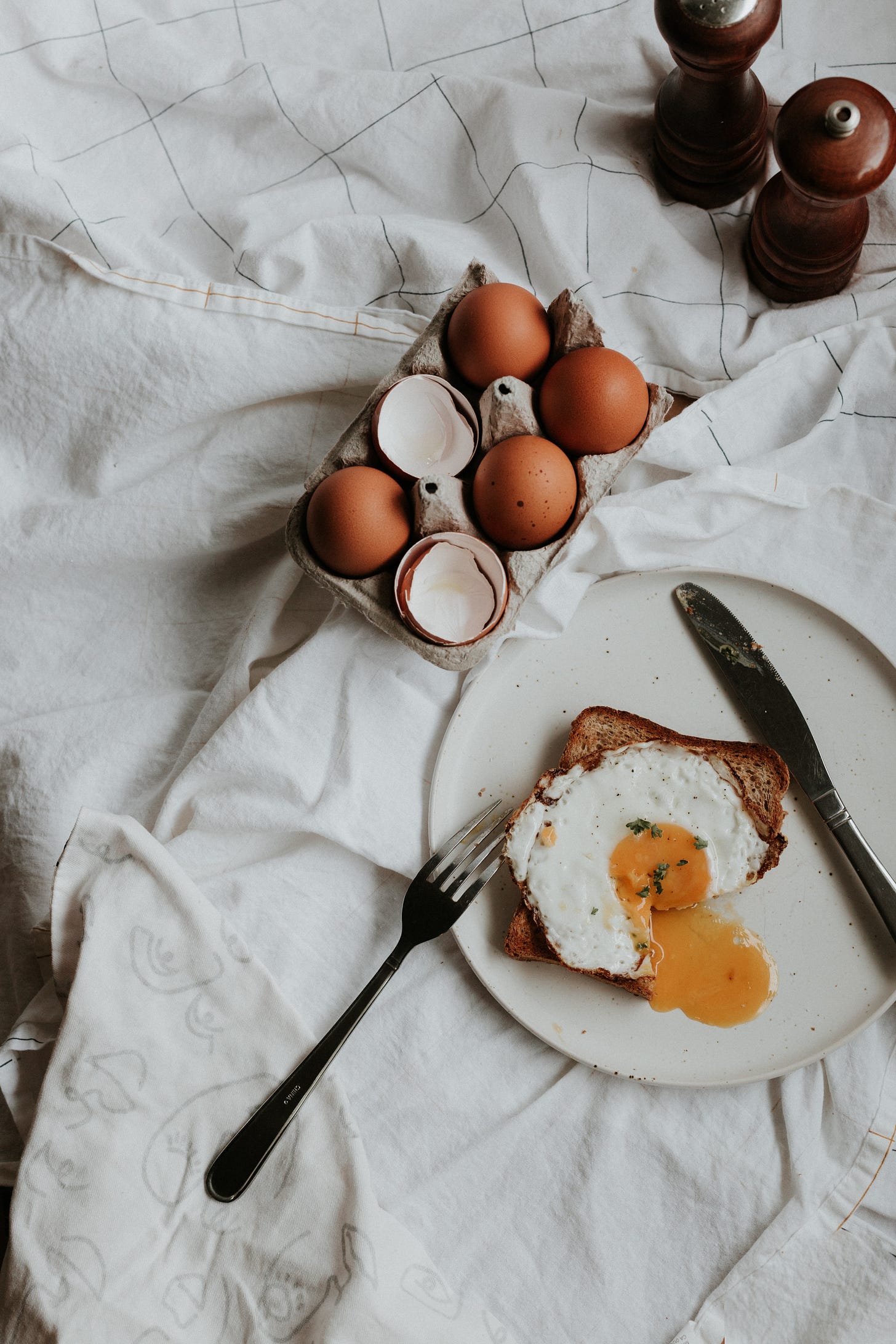The Essential Guide To Protein + How Much You Need
What is protein? How much do you need? What does 130 grams of protein look like in a day? Learn it all inside this complete guide to protein.
I rarely talk about food, let alone how much food you should eat. Which is ironic, considering I am a nutritionist. But after years of obsessing about food, I found many of my clients with the same thoughts, even if they had experienced change. It was always an obsession with food, living as if that was the only thing responsible for making them healthy or skinny.
I say this all not to knock food. It matters, just not in the way most people assume.
Food is not responsible for changing your body but only supporting it. How you support your body changes what your body does and the outcome you experience.
Hear me say this: Food can not change you. But it can help support your body to change.
The key is listening to your body and being willing to provide what it needs, even if that is outside the typical diet advice.
With that said, I hope to simplify your understanding of what you should eat based on what your body needs to thrive.
Food = Building Blocks
Food is often categorized through the understanding of energy based on calories. Not necessarily based on how many calories but what types of calories.
Specifically, the building blocks that make up those calories.
As a reminder, based on energy, your body does not need energy from food. Food is needed for the building blocks that help support your energy.
The first law of thermodynamics states we have all the energy we need and that energy can not be created or destroyed, only altered.
Food alters energy based on the building blocks it supplies (or fails to supply).
Like everything else, food supports or hurts your energy based on the building blocks (nutrients) it contains.
Like a good recipe, you can't skimp on an ingredient and expect great results. The same is true in your body. You can't miss the necessary building blocks and expect your health to thrive.
Your body needs nourishing food to supply those building blocks, and what types of foods you eat changes what is available for your body to use.
Protein is one critical building block (of many) that many people aren't consuming enough of.
What is Protein?
Protein is one of three essential macronutrients needed in the body. Proteins are large complex molecules made up of hundreds or thousands of smaller units called amino acids.
Amino acids are required for cell structure, function, and the regulation of tissues and organs.
Being a macronutrient means protein is required in greater quantities. That's not to say they're more important but equally important as other nutrients.
Think of it like making a loaf of bread. Macronutrients are the flour, and micronutrients are the salt. Both are needed, but how much changes the composition of the whole.
Protein is needed in more substantial concentrations to complete the necessary cellular functions.
Here are some typical (known) roles of protein:
Build and maintain muscle mass.
Provide structure for bone mass.
Regulate body processes, including what goes in and out of the cell.
Transport materials like oxygen.
Build healthy skin, hair, and nails.
Supply energy.
There are also many lesser-known roles of protein:



